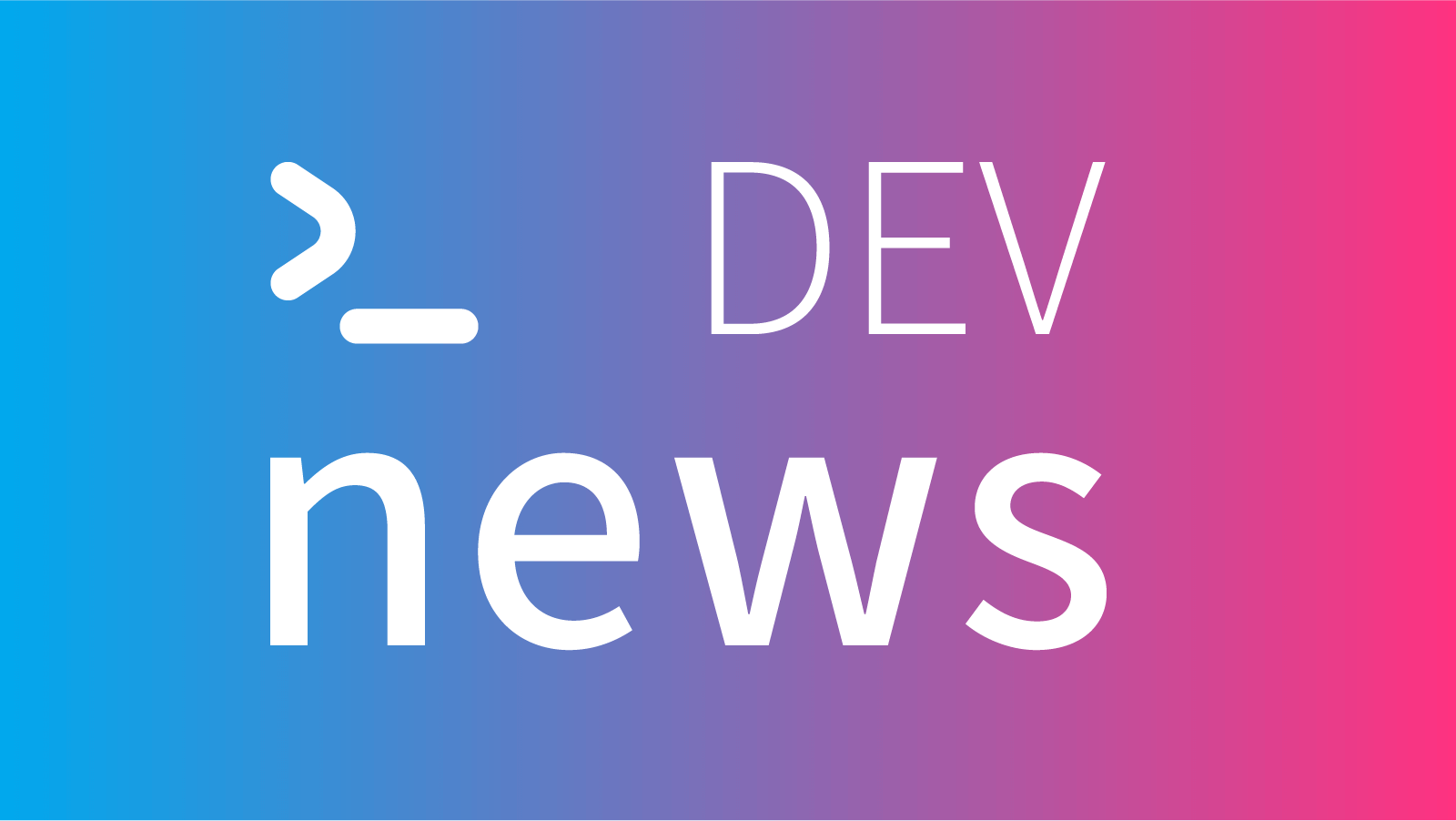This week, Netlify introduced a new feature called Agent Runners, which are AI agents designed to run in a Netlify project to fix, update and ship code right in the dashboard.
“Without any extra setup or additional accounts, Agent Runners offer advantages over running AI agents in other environments by giving secure access to your Netlify project context, deployment pipeline, build settings and more,” the Netlify team wrote in the feature’s documentation. “This enables you and your team to optimize AI workflows for your Netlify projects.”
Agent Runners are available on credit-based plans only, including the free, personal and pro plans. Those on an enterprise plan will need to reach out to an account manager.
There’s no technical background required to run the agents, or for access to the Netlify project’s context, environment variables, build settings, and deployment pipeline. They can even be accessed from a mobile phone.
The team wrote that Agent Runners are optimized for these use cases:
Async-friendly or background tasks, such as maintenance tasks, including fixing broken links, redirects and updating feature flag code.
Quick fixes, such as bugs, typos and well-defined backlog items.
Well-defined content updates from your entire team, including marketing, design and content teams.
Jumpstarting platform primitives with automated setup.
Jumpstarting customizable features with code, such as Netlify forms.
Quick new pages, such as landing pages, maintenance pages, 404 pages, etc.
Agent Runners support Claude Code, OpenAI Codex and Google Gemini.
On Thursday, Netlify also added an AI Gateway on Thursday, which “simplifies technical and operational concerns when using AI inference in your code” by eliminating the need to:
Open an account with each provider a developer wants to use.
Maintain a separate credit balance with each provider.
Copy the API key from each provider to projects on Netlify.
Laraval VPS Lets Users Deploy Servers on Digital Ocean
Cloud platform DigitalOcean and the open-source PHP framework Larval are offering a new service that simplifies server provisioning and application management. Called Laravel VPS, developers that use Laravel Forge will be now able to purchase and deploy servers within the dashboard of the PHP developer platform.
The combination with DigitalOcean has significantly reduced the complexity of managing cloud providers and API keys, according to an announcement of the partnership.
“Through this strategic partnership, Laravel has leveraged DigitalOcean’s infrastructure to achieve enterprise-scale while maintaining a cost-effective solution and simplifying the end-user experience,” the announcement stated. “With the introduction of Laravel VPS, powered by DigitalOcean, developers can now purchase and deploy servers directly within the Laravel Forge dashboard.”
It also reduces the complexity of managing cloud providers and API keys, enabling users to provision a fully configured server with a single click.
“The result is a seamless, developer-centric experience that saves significant time and consolidates costs into one simple, predictable invoice,” the statement read.
In addition to Laravel VPS, the next generation of Forge now allows developers to instantly share work with hosted domains, collaborate through real-time SSH sessions and manage modern stacks.
“Paired with a streamlined new user interface, role-based access controls, and organization-level billing,” the announcement read, “Forge is reimagined as a faster, smarter and more intuitive platform for building and scaling applications.”
New W3C Logo and Tagline
The Web’s governing body has a new logo. According to the W3C’s announcement statement, it is meant to “reflect the new type of organization we have become — an organization that wants to re-engage with our community, and reach new audiences.”
In addition to the new logo, the W3C has changed its tagline, from “leading the web to its full potential” to “making the web work — for everyone.”
YOUTUBE.COM/THENEWSTACK
Tech moves fast, don’t miss an episode. Subscribe to our YouTube
channel to stream all our podcasts, interviews, demos, and more.
SUBSCRIBE
Group
Created with Sketch.

Loraine Lawson is a veteran technology reporter who has covered technology issues from data integration to security for 25 years. Before joining The New Stack, she served as the editor of the banking technology site Bank Automation News. She has…
Read more from Loraine Lawson

